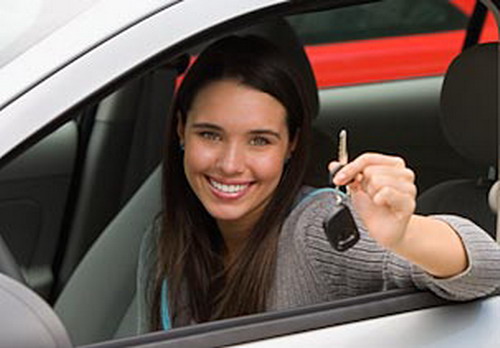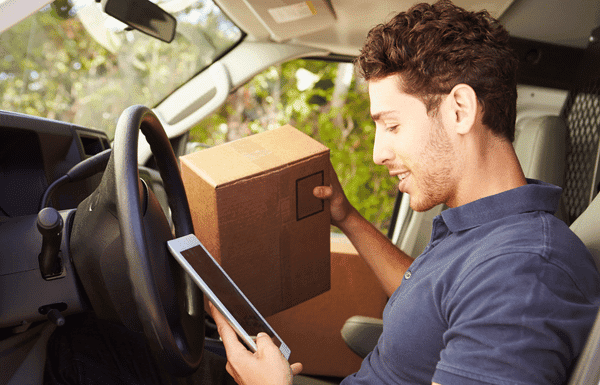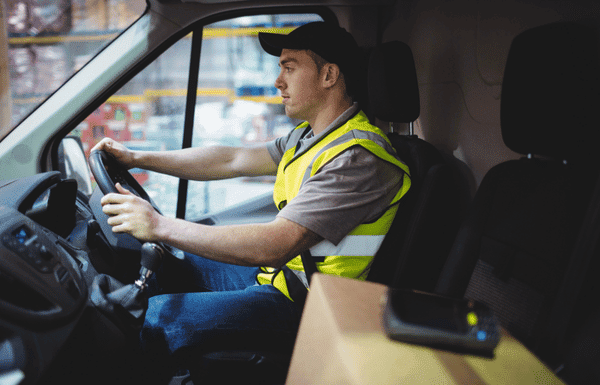For delivery drivers, having the right vehicle insurance is crucial for both personal protection and job security. Standard auto insurance often doesn’t cover business-related activities, so it’s essential to understand the specific coverage options available to those in logistics.
1. Personal Auto Insurance vs. Commercial Insurance
Personal auto insurance typically covers everyday driving but may exclude accidents that occur while delivering goods for pay. If you use your vehicle for deliveries, you’ll likely need commercial insurance to ensure you’re fully covered. Commercial policies are designed to protect drivers involved in higher-risk, business-related activities, offering coverage for both vehicle damage and liability during deliveries.
2. Hire and Reward Insurance
Many insurance providers offer Hire and Reward policies, specifically designed for delivery drivers transporting goods for income. This type of insurance covers risks associated with paid deliveries, including damage to goods in transit and liability for accidents during business operations. It’s a popular choice for freelance and gig-economy drivers working for companies like Uber Eats, DoorDash, or Amazon Flex.
3. Goods-in-Transit Coverage
Goods-in-transit insurance protects the items you’re delivering from damage, loss, or theft. This coverage is especially valuable for drivers transporting valuable packages or sensitive goods. Many logistics companies require their drivers to have goods-in-transit insurance as part of their vehicle coverage, as it reduces the financial risk for both the driver and the company in case of damaged or lost items.
4. Public Liability Insurance
Public liability insurance provides additional protection for incidents involving third-party injuries or property damage. For example, if you accidentally damage a customer’s property while making a delivery, public liability insurance can help cover the cost of repairs or compensation. Although not always mandatory, it is highly recommended for delivery drivers who want comprehensive coverage.
5. Employer-Sponsored Coverage vs. Self-Purchased Policies
Some logistics companies provide insurance options for full-time delivery drivers, which may include commercial vehicle insurance, goods-in-transit coverage, and public liability protection. However, freelance or contract drivers working independently need to purchase their own policies. It’s essential to check with your employer about what’s covered and to supplement it with additional insurance if necessary.
6. Understanding Exclusions and Limitations
Each insurance policy has specific exclusions and limitations. For example, some policies may not cover accidents that occur outside designated delivery areas, or during specific high-risk activities like driving in extreme weather. Reviewing the details of each policy and speaking with an insurance provider can help you select the best plan and avoid unexpected gaps in coverage.
Conclusion
Proper vehicle insurance is essential for delivery drivers to protect themselves, their vehicles, and the goods they transport. By understanding the distinctions between personal, commercial, and specialty insurance types, delivery drivers can ensure they are fully covered, secure their job, and avoid costly liabilities.




